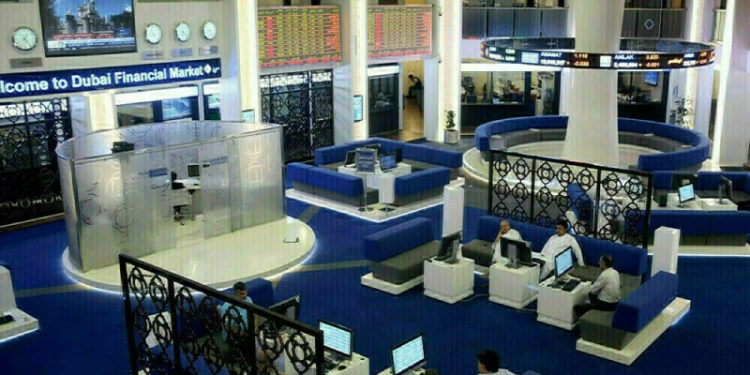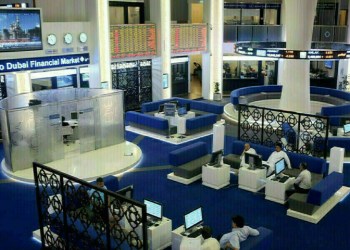HONG KONG: Asian markets kicked the week off with sharp losses Monday as investors prepare for the US to impose hefty tariffs on a range of Chinese imports, taking their trade row to another level.
The levies on billions of dollars of goods, which are due Friday, come after data at the weekend showed Chinese manufacturing activity slowed in June as the world’s number two economy shows signs of struggling.
Fears of a trade war have rattled world markets and particularly China’s, which are now in bear territory having fallen 20 percent from their recent highs.
“China’s economy will slow down for the rest of the year, but we don’t need to worry about any stall yet,” Zhu Qibing, chief macroeconomy analyst at BOC International China in Beijing, said. “The key is how international trade and the dispute between China and the US will evolve.”
On Monday, Shanghai dived 2.5 percent, while the Chinese yuan extended a retreat that has led some observers to suggest the country’s central bank is weakening the unit to offset the impact of a trade war.
While China is a key target in Donald Trump’s protectionist America First agenda, he has also set his sights on allies including the European Union and Canada, which on Friday imposed hefty tariffs on $12.6 billion of US goods in retaliation for US measures on aluminium and steel.
Tokyo tumbled 2.2 percent as a closely watched gauge of Japanese business showed sentiment was softening.
– Peso rises –
The Bank of Japan’s Tankan report — a quarterly survey of about 10,000 companies — showed a dip in confidence from the previous three months, though economists pointed out that it is still around its highest level in more than a decade.
In other markets Seoul dropped 2.4 percent, Sydney shed 0.3 percent and Singapore retreated 0.9 percent, while Taipei gave up 0.5 percent and Wellington was flat.
Hong Kong was closed for a public holiday.
In early European trade London fell 0.7 percent, Paris shed one percent and Frankfurt lost 1.3 percent.
On currency markets the euro dipped slightly but held most of Friday’s gains following data showing inflation rising and news that European Union leaders had reached a migration deal.
However there are worries about the future of German Chancellor Angela Merkel’s coalition government after her conservative interior minister offered to resign on Sunday over the issue.
Merkel had warned last week the issue of migration could decide the very future of the EU itself.
The Mexican peso rose one percent against the dollar as anti-establishment leftist Andres Manuel Lopez Obrador swept to the presidency, with his main rivals conceding defeat and removing the risk of any dispute.
Oil prices retreated after Trump tweeted at the weekend that Saudi Arabia’s King Salman had agreed to his request to open the taps wider.
The price drop comes after last week’s surge on the back of figures indicating surging US demand and OPEC’s decision to hike output by a more modest amount than initially thought.
Investors are also awaiting the release Friday of US jobs data, which will provide another snapshot of the US economy and could provide the Federal Reserve with more ammunition to hike interest rates.
– Key figures around 0720 GMT –
Tokyo – Nikkei 225: DOWN 2.2 percent at 21,811.93 (close)
Shanghai – Composite: DOWN 2.5 percent at 2,775.56 (close)
Hong Kong – Hang Seng: Closed for a holiday
London – FTSE 100: DOWN 0.7 percent at 7,582.26
Euro/dollar: DOWN at $1.1645 from $1.1689 at 2100 GMT Friday
Pound/dollar: DOWN at $1.3167 from $1.3213
Dollar/yen: UP at 110.75 yen from 110.61 yen
Oil – West Texas Intermediate: DOWN 68 cents at $73.47 per barrel
Oil – Brent Crude: DOWN 96 cents at $78.27 per barrel (new contract)
New York – Dow: UP 0.2 percent at 24,271.41 (close)
Source: Brecorder



























